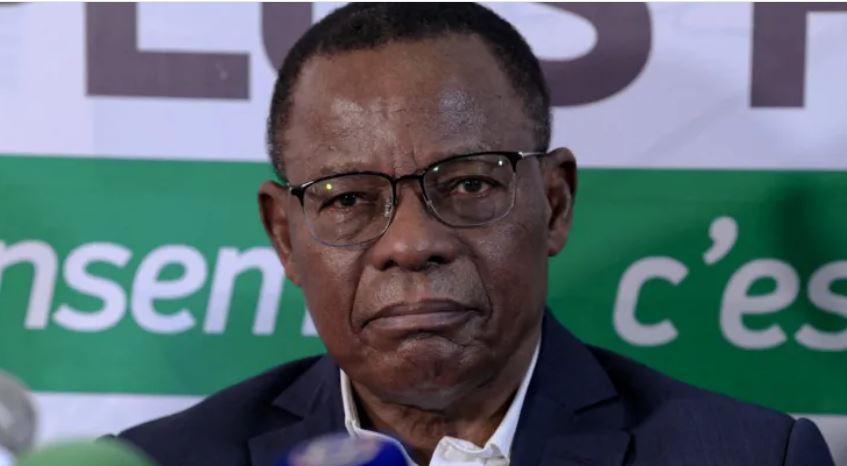Cameroon’s leading opposition figure, Maurice Kamto, has been barred from contesting the 12 October presidential election, raising fresh concerns over the state of democracy in the Central African nation. Kamto’s exclusion was confirmed by the country’s electoral body, Elecam, which accepted only 13 of the 83 submitted candidacies.
Kamto, who came second in the controversial 2018 election, had sought to challenge 92-year-old President Paul Biya, the world’s oldest sitting head of state. Biya has ruled Cameroon for nearly 43 years and is now vying for an unprecedented eighth term in office, despite growing calls for him to retire.
Kamto’s bid was disqualified due to a technicality involving party registration. Though he had recently aligned himself with the Manidem party after his own party, the Cameroon Renaissance Movement (CRM), was barred from fielding a candidate another member from a splinter group also submitted candidacy under the same party, leading to confusion.
Manidem President Anicet Ekane called Kamto’s disqualification “arbitrary and provocative,” and announced plans to appeal the decision at the Constitutional Council. “This tackle from behind must be sanctioned,” Ekane declared, while urging Cameroonians to remain calm and respect legal processes.
Biya will face two of his former allies Issa Tchiroma Bakary and Bello Bouba Maigari both hailing from the politically crucial northern region. Other approved candidates include anti-corruption advocate Akere Muna, Social Democratic Front leader Joshua Osih, and lawmaker Cabral Libii. Patricia Tomaino Ndam Njoya, the Mayor of Foumban, is the only female candidate on the list.
Critics argue that the continued exclusion of major opposition figures reflects the shrinking political space in Cameroon. Kamto’s 2018 challenge shook Biya’s grip on power, but subsequent protests led to his brief detention and a crackdown on dissent.
Those barred from the upcoming race have just two days to contest Elecam’s decision. Meanwhile, the political temperature in Cameroon remains high as the country braces for what could be one of its most contentious elections in decades.

